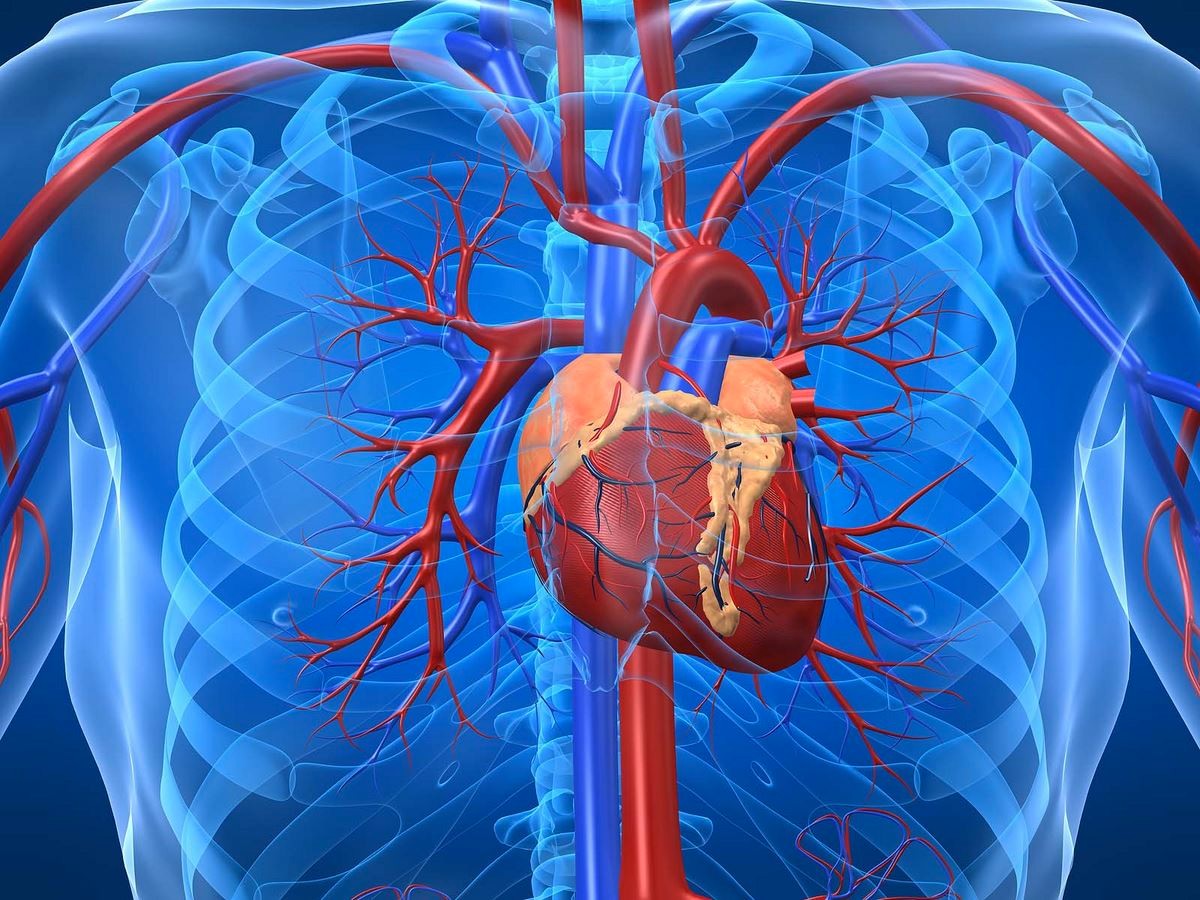Plaque accumulation in arteries, is a severe disease. This complication continues to be a main cause of cardiovascular illnesses. It includes issues such as heart attacks and strokes. Secondly, statins, blood pressure medicines, and lifestyle changes have long been the mainstays of atherosclerosis treatment. But newer and more effective treatments are offering at-risk patients hope. Therefore, these intriguing advances in atherosclerosis research will be examined in this essay.
LDL-targeting monoclonal antibodies
Monoclonal antibodies targeting LDL cholesterol are revolutionizing atherosclerosis treatment. In brief, PCSK9 inhibitors like evolocumab and alirocumab help the liver remove LDL from the blood. They’ve reduced LDL cholesterol, heart attack risk, and atherosclerosis onset. Therefore, this novel method offers an alternative for people who cannot take statins or who are not seeing results from traditional drugs.
RNA-focused therapies
RNA-based treatment may treat Atherosclerosis. Inclisiran targets cholesterol metabolism genes using small RNA molecules. Nevertheless, by inhibiting these genes and decreasing LDL cholesterol, inclisiran gives long-term benefits with a few injections each year. Therefore, it may benefit patients with resistant or hard-to-manage high cholesterol and hereditary hypercholesterolemia.
Anti-inflammatory drugs
Inflammation promotes atherosclerosis. Recent studies have examined anti-inflammatory medications including canakinumab, which targets interleukin-1 beta. These drugs, albeit still in development, have reduced cardiovascular event risk and inflammation in high-risk people, indicating a potential atherosclerosis therapy.
Correcting PCSK9 gene
To learn more about atherosclerosis, genetic treatments are used. Scientists are using CRISPR-Cas9. They are trying to change the PCSK9 gene. This gene controls LDL. Changing genes to lower LDL cholesterol for good is perfect. Therefore, it could help treat high cholesterol and stop atherosclerosis.
Nanotechnology-Guided FDA
Nanotechnology enables targeted drug delivery in atherosclerotic blood vessels. Secondly, Nanoparticles may carry drugs directly to plaque-filled areas, improving efficacy and reducing side effects. Effective;y, this tailored medicine delivery system may help manage atherosclerosis by providing therapies where needed.
Better Imaging
New imaging technologies like PET scans and high-resolution MRI may help doctors identify plaque composition and arterial inflammation. These advanced tools help assess atherosclerosis severity, guide treatment, and monitor results. AI systems are also being developed to analyze and predict plaque behavior to help adapt treatment regimes.
Mini-RNA Treatments
MicroRNAs regulate gene expression. Researchers are studying how microRNA therapies might alter atherosclerosis processes. Targeting microRNAs may influence arterial wall cell growth, inflammation, and plaque stability. This nascent field may create atherosclerosis-reversing medicines.
Interventions using stem cells
Atherosclerosis therapies including stem cell therapy are being studied. Scientists are exploring stem cells’ ability to repair blood vessels, reduce inflammation, and increase endothelial cell growth. Atherosclerosis-affected blood arteries may heal and revitalize using stem cell therapies, which are yet under development.
Methods in Personalized Medicine
As our understanding of atherosclerosis genetics and molecular mechanisms grows, personalized medicine is growing. Atherosclerosis may be better managed when medication is tailored to a patient’s genetics, lifestyle, and risk factors. This drive toward individualized medication may improve therapeutic outcomes and lessen side effects.
New developments in atherosclerosis treatment are transforming cardiovascular medicine. Novel therapies for this complicated condition include gene editing, anti-inflammatory medicines, RNA-based therapeutics, monoclonal antibodies, and nanotechnology-based medication delivery. Therefore, advanced imaging, microRNA therapies, stem cell treatments, and tailored medicine strategies help us fight atherosclerosis.
Conclusion
Even though they are under development, several of these medicines might enhance the lives of patients at risk of atherosclerosis and related cardiovascular diseases. Finally, as research into atherosclerosis prevention and treatment advances, this severe ailment may be better managed or prevented.






